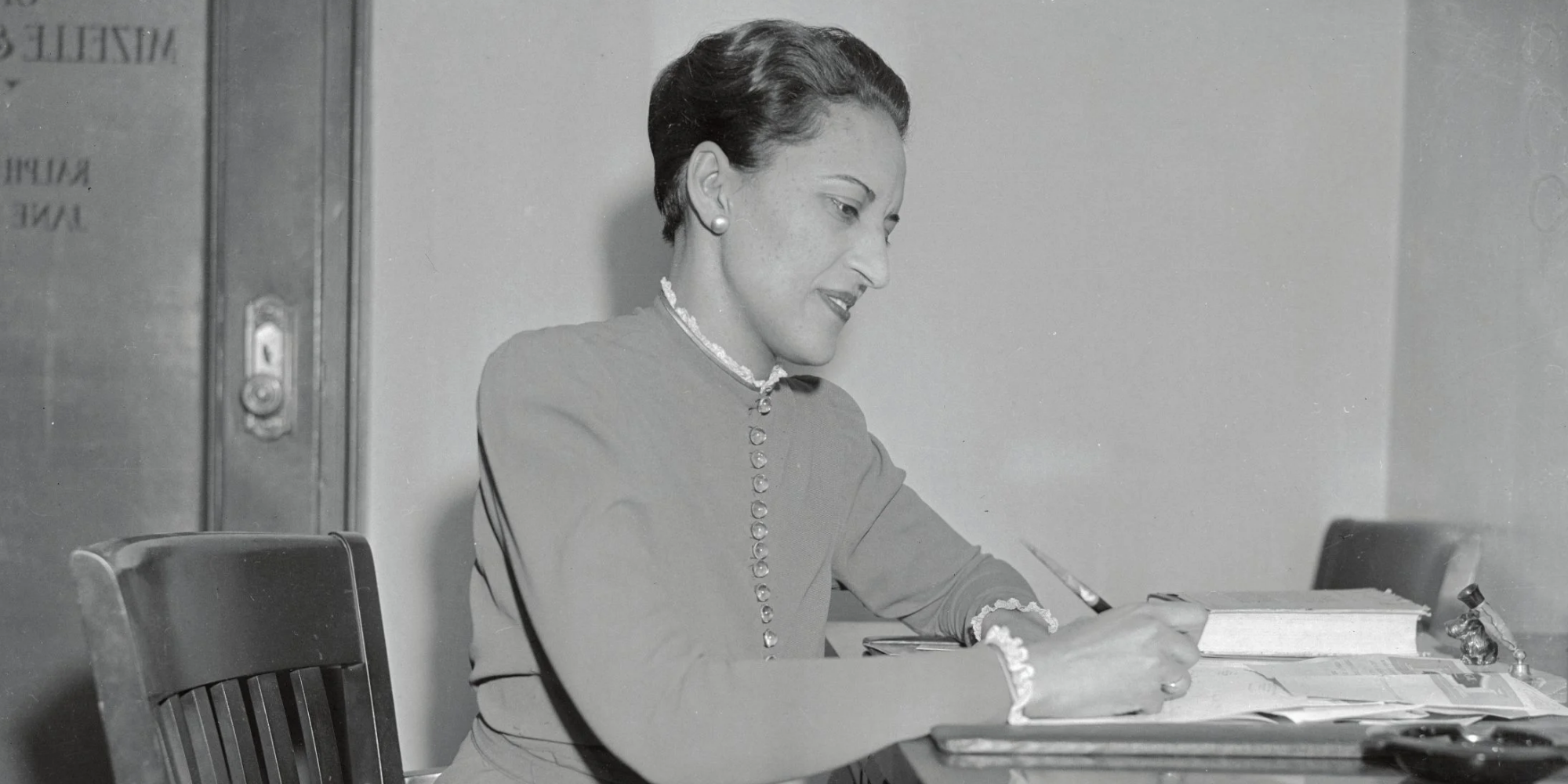Jane Bolin was the trailblazing judge who made history as the first Black woman in the U.S.
Born on April 11, 1908, in Poughkeepsie, New York, Jane Matilda Bolin’s roots were shaped by a mixed heritage. Her father, Gaius C. Bolin, was the first Black graduate of Williams College, a lawyer, and president of the Dutchess County Bar Association. Her mother, Matilda Emery, was a white Englishwoman. Growing up, Bolin was drawn to her father’s law books, but her world shifted when she saw the horrors of lynching in Crisis magazine, published by the NAACP. That sparked a lifelong commitment to justice and equality.
Appointed by Mayor Fiorello H. La Guardia in 1939, Bolin’s groundbreaking achievement didn’t stop there—she was also the first Black woman to graduate from Yale Law School, the first to join the New York City Bar Association, and the first to work in the New York City Corporation Counsel’s office, which is the city’s legal department.
In 1979, when she reluctantly retired after serving as a judge for 40 years, Constance Baker Motley—another pioneering Black woman judge—praised Bolin as a role model.
Judge Bolin wasn’t just admired for her elegance—she made a real impact in family law. She worked tirelessly to end racial discrimination in the court system, pushing to eliminate the practice of assigning probation officers based on race and ensuring children weren’t placed in child-care facilities based on ethnic background.
She attended Wellesley College, where she was one of only two Black students in her class. There, she faced discrimination, but she still graduated in 1928 as a Wellesley Scholar, which is awarded to the top 20 students in the class.
Despite her achievements, Bolin faced opposition when she expressed interest in law. A Wellesley guidance counselor told her Black women had little chance in the profession, and even her father, though supportive, hesitated, worrying about the harsh realities of law. But Bolin’s determination carried her to Yale Law School, where she was one of only three women and the only Black student.
After retiring from the bench, Bolin remained dedicated to education and civil rights. She spent two years as a volunteer reading instructor in New York City public schools and later served on the Regents Review Committee for the New York State Board of Regents. Even in her hometown of Poughkeepsie, where she was celebrated as a local hero, she was outspoken about the city’s ongoing segregation, pointing out that its schools, hospitals, and government remained racially divided.
Jane Bolin’s legacy is a powerful reminder of the barriers she broke down and the trail she blazed for future generations of women and people of color in law.




